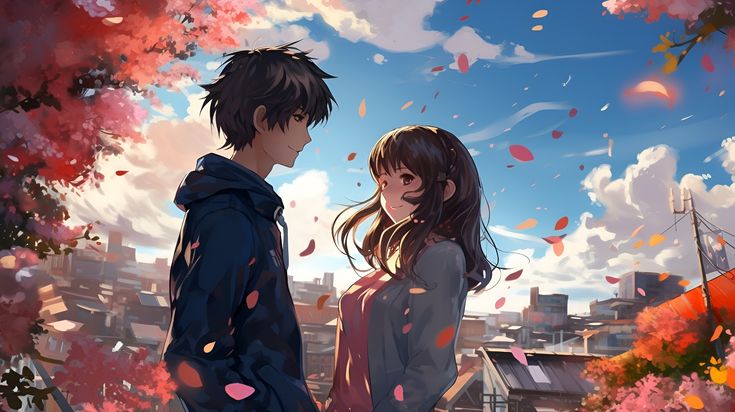
Introduction to Game Sciences
What to expect from my blog about game sciences.
18 Apr 2024
This blog is divided into three major categories: Game Studies, Citizen Conservation, and Etcetera. Let’s explore what to expect from the Game Science section.
First, let me clarify what “game” means here: a very wide net to include puzzles, interactive play, video games, card games, and table top games. Specific articles may define “game” differently.
Game Science
Game Studies is a broad intersection of academic disciplines including cultural studies, studio art, graphic design, psychology, sociology, computer science, anthropology, and just about any other -ology you can name. They all look at games from different perspectives. Some are interested in making games, others in playing games, and still others in the social and psychological aspects of gaming.
My favorite two places to start when exploring the academic world of gaming are:
- Crash Course Games, a fantastic youtube series that overviews the history of games and the most important topics of study
- An Introduction to Game Studies by Frans Mayra, a more academic overview of various game studies disciplines.
You can also look at my ever-growing Awesome Game Studies List for more jumping off points.
To make things a little simpler for me, I have divided Game Science into 5 P’s. These categories are circles in a Venn Diagrams with many overlapping points. I think of them like lenses through which a topic comes into focus, or like tags. In fact, tags is exactly how I will use them. Each heading leads to its own tag.
Play [gs-play]
The Play Lens focuses on the game itself. What are the rules, mechanics, themes, experiences, and such? This would include game analysis, reviews, experiments, and play tests. Look here for articles on game design, game testing, and game taxonomy.
Production [gs-production]
Production focuses on the craft of actually making games. This would include everything from impromptu games of tag to party card games to triple-A video games. This is the “how do you find the assets”, “programming concepts”, “graph walking”, and all the craft concerns that are part of making games.
People [gs-people]
Games are never played in a vacuum. At least by my definition, they are always played by people (or sometimes non-human animals). So, the People Lens focuses on the social, cultural, and community aspects of a game. This would include indirect gaming culture like conventions, cosplay, and discussions. We look at games as ritual, games as performance, and games as folklore.
People is more tied to the social experiences of games and less to the psychological. It looks at things from a third-person omniscient point of view, interrogating social structures and external performances. Anthropology and folklore feel at home here.
Philosophy [gs-philosophy]
If People looks at the outside experience of people playing games, then Philosophy looks at the inside (among other things). Philosophy focuses on all the “whys”. It is interested in psychology, spirituality (non-supernatural), and personal narratives.
Past [gs-past]
This could live inside Philosophy, but its so important to me that I wanted to give it a lens of its own. Past focuses on history, and encompasses all of the above – just in the past.
My Interests
The above is my general breakdown of Game Science, and I’m interested in everything. I also find myself coalescing around more specific topics. Each of these also have their own tag and I list a few highlights as I create new posts.
Gaming History [gs-past]
The history of gaming in a broad sense. Not the history of video games or card games. Instead, I’m interested in an overview of the experience of gaming across cultures and time.
Games for Therapy [gs-therapy]
There is a lot of valuable research surrounding Games for Education, but there is less in its sister topic of Games for Therapy. There is a lot of potential here. Games can provide safe places to experience other perspectives, learn coping skills, work on social interaction, and express deep emotions. Play Therapy has been a staple of psychotherapy for decades, and recent years has seen Dungeons and Dragons and Magic the Gathering used a lot in group therapy.
Environmental Gaming [gs-environmental]
I’m sure it comes as no surprise that I am interested in games for environmental education, advocacy, and behavior modification. This is a burgeoning field (I have never seen anyone else even refer to it by this name). I liken it as a cousin of Environmental Film Making which is concerned would be concerned not only with the mechanics, themes, and experience of gameplay, but also sustainable modes of game production.
Tangible and Hybrid Play [gs-hybrid]
This is another area that I haven’t seen others speak about it quite the same way. This area of interest is mixing the tactile, physical, “realness” of table top games with the versatility and power of computer/video games. This interest is the most technical of all of the above. Here, I look at hardware and software tools to create electronic games that can recognize physical pieces, game design opportunities and challenges, and analysis of innovative game controller schemes.
Accessibility [gs-accessibility]
This really ties all of the others together. Gaming is a deeply human experience. I am interested in the various ways people of various abilities have throughout time and currently experience games. This means accessibility around individual physical differences, cognitive differences, and emotional/social differences. Here I am constantly asking the question, “how can we help more people experience more games”.
A Personal Note
Game Studies and Game Sciences are important to me. I can’t even count the number of hours I have spent engaging in games or the number of friendships I have fostered around a board game. We as a society treat games as either childish or a diversion, but they allow us so much more if we just let them.
Last Updated: January 19, 2025 – See Changes






